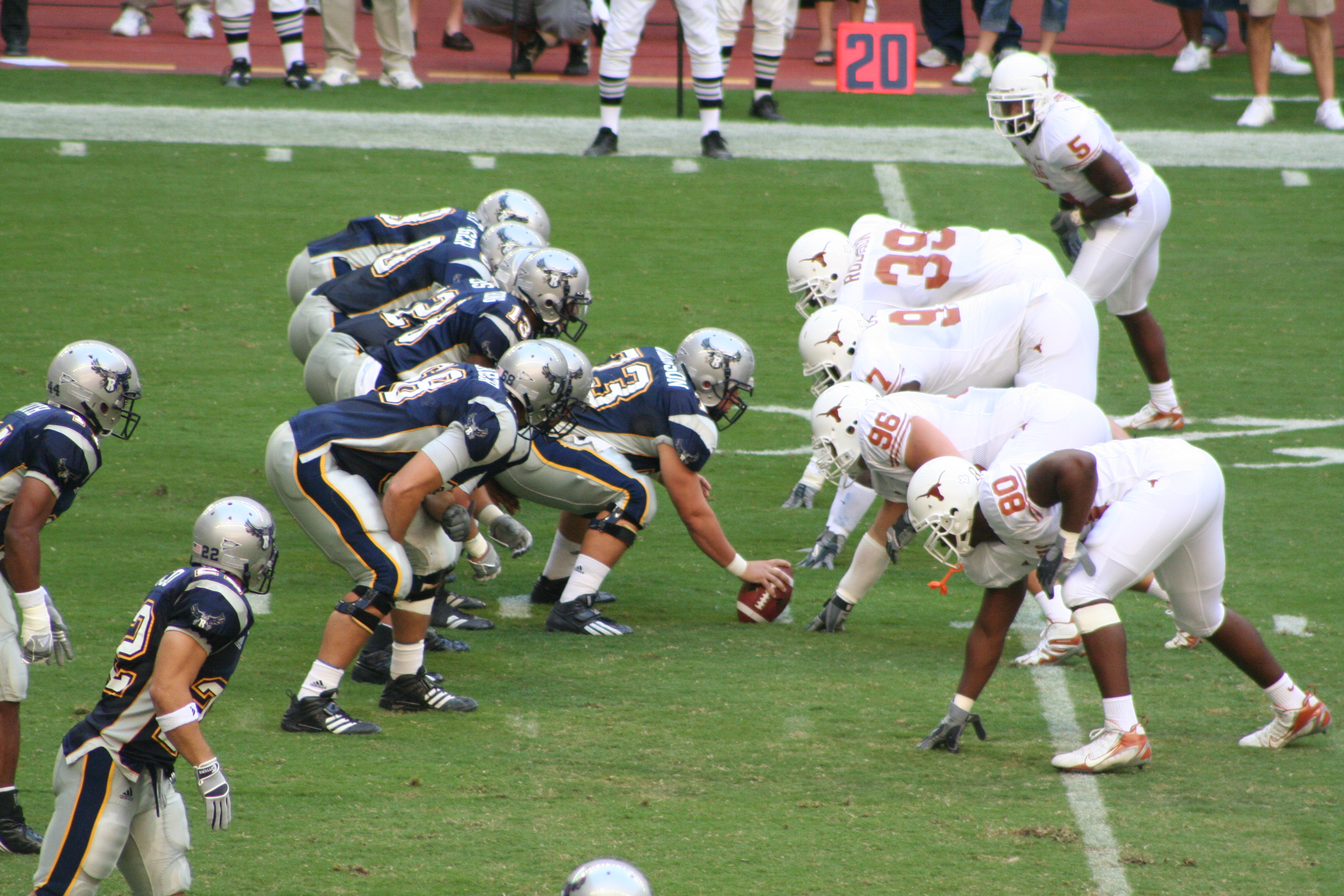 |
| Tuition is too damned high. |
"Some of this increased spending in education has been driven by a sharp rise in the percentage of Americans who go to college. While the college-age population has not increased since the tail end of the baby boom, the percentage of the population enrolled in college has risen significantly, especially in the last 20 years. Enrollment in undergraduate, graduate and professional programs has increased by almost 50 percent since 1995. As a consequence, while state legislative appropriations for higher education have risen much faster than inflation, total state appropriations per student are somewhat lower than they were at their peak in 1990. (Appropriations per student are much higher now than they were in the 1960s and 1970s, when tuition was a small fraction of what it is today.)College tuition has been able to continue rising because college has become the new high school, and is expected (if not actually compulsory) for a much greater number of people than in the past. It has become a necessary though not a sufficient "qualification" for many jobs which frankly do not need a college education to be done well. More on that in a minute, but first:
Interestingly, increased spending has not been going into the pockets of the typical professor. Salaries of full-time faculty members are, on average, barely higher than they were in 1970. Moreover, while 45 years ago 78 percent of college and university professors were full time, today half of postsecondary faculty members are lower-paid part-time employees, meaning that the average salaries of the people who do the teaching in American higher education are actually quite a bit lower than they were in 1970.As a tenure-track college professor, I can vouch for this. Most contracts are not full-year, but mine would in principle pay me the same rate for the summer as for the months on contract; in total, my base salary under those conditions would fall closer to 50k/year than 100k/year. To get this job, I spent 4 years as an undergraduate, then another 8 years as a graduate student (barely making ends meet with my TA/RA/AI stipends). I am the lucky one in that I did not spend 2-5 years as a postdoc (typical salary in academia: ~40k/year in my field, which is relatively well-paid) or visiting professor/lecturer (typical salary 40-50k/year).
By contrast, a major factor driving increasing costs is the constant expansion of university administration. According to the Department of Education data, administrative positions at colleges and universities grew by 60 percent between 1993 and 2009, which Bloomberg reported was 10 times the rate of growth of tenured faculty positions.
 |
| Both schools likely made money off of this game. |
So athletics programs cannot really be blamed entirely for the rising cost of a college degree, nor the cheapening value of the education that the degree supposedly represents.
Rather, the problem lies with the fact that so many people are attempting to enroll in college. We have a surplus of students (though most smaller colleges, including the one which I work for, would claim that this is a good thing), which in turn means that colleges can get away with charging more and offering less. And, of course, because college loans are a particularly profitable form of usury, the banks are all-too-happy to comply with supplying the money for students to attend in the short term.
Furthermore, because many of these students don't actually want (or need) to be enrolled in college, they tend not to be particularly studious--but at the same time few want to do badly in the class. There is therefore an overwhelming pressure on teachers to "dumb-down" the material, and even to offer whole classes which are not college-level by their nature. Physical science, college pre-algebra, and computer information systems courses which teach the basics of typing and how to open word or excel files and make basic powerpoint presentations stand out to me as especially being remedial level classes. Practically every department has some "service" classes which meet a general education requirement and which probably shouldn't count toward the general requirements of a college degree, and yet which does. This is perhaps in part because every department needs to attract more students to get funding, but that's an issue for another day.
And yes, administration does siphon off a large chunk of change. So does playing the game of "keeping up with the Joneses," in which every state school attempts to add frivolous bells-and-whistles to attract more students, in a scramble to make MOAR PROFITS!!!. As a case-in-point: the small state university for whom I work is planning to open some more student housing--not necessarily a bad thing given that there is actually a shortage of student housing here. These new dorms include separate rooms for every student, each room coming furnished with a variety of amenities, including large-screen plasma TVs. Meanwhile, we have a shortage of space for classrooms, and a demand that all faculty at this small teaching university do research and write papers (=needing research lab space...).
The university at which I did my graduate degree seemed to be raising one new large building per year, some to replace functional if older buildings to do it. This was a very well-funded university, and many of the buildings were paid for in part by donations, so they could probably afford it. But the various smaller universities cannot, and they feel the need to be actively recruiting new students, which they do in part by attempting to keep up with the larger universities. These expenses are (not surprisingly) passed down to students in the form of higher tuition. Is it any wonder, then, that tuition has gone through the roof?
No comments:
Post a Comment